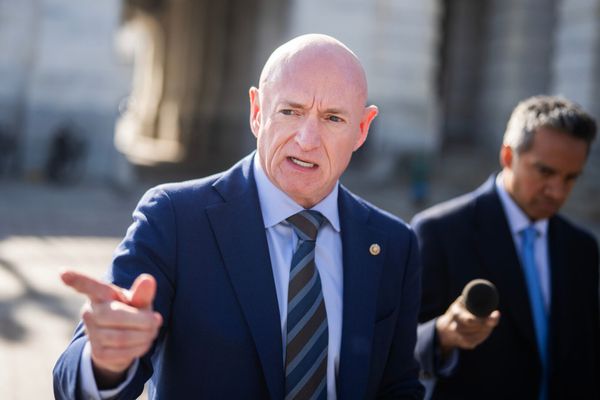
Portugal’s ruling Socialists are preparing for a third consecutive term after winning a surprise absolute majority in a snap general election that confounded predictions, pundits and pollsters and saw the far-right become the third-largest group in parliament.
The prime minister, António Costa, has pledged to use his unexpectedly large mandate to bring in reforms and investments that will make Portugal “more prosperous, fairer, and more innovative”.
Among the new government’s key priorities will be passing a new budget for 2022 to begin using €45bn in EU Covid recovery funds. Squabbles over Costa’s draft budget at the end of last year triggered Sunday’s general election after the Socialists’ former allies in the Communist party and the Left Bloc joined rightwing parties in rejecting the budget bill after weeks of negotiations.
But Costa’s landslide victory means his party no longer has to depend on the partners that made up the so-called geringonça, or improvised solution, that defined his first two terms.
“Freed from the shackles of the radical left, the Socialists and António Costa can now implement more moderate and Europe-focused solutions,” the newspaper Publico said in an editorial on Monday.
The comparatively rare triumph of European social democracy was hailed by Spain’s prime minister, Pedro Sánchez, who heads a Socialist-led coalition government across the border. “Portugal has once again backed a social democratic project that combines growth and social justice,” Sánchez said in a congratulatory tweet.
Costa’s victory was also welcomed by many left-leaning voters. At a bus stop in Alcântara, a waterfront neighbourhood in west Lisbon, a 69-year-old voter called Olivia said she hoped the result would bring stability and social progress.
“I didn’t expect that the Socialist party would get the majority, but I hope it can be a solution for governing for four more years without disruption,” she said.
Olivia added that many far-left voters had decided to back the Socialists to prevent the formation of a minority government of the centre-right Social Democrats (PSD) that would cut deals with the far-right Chega party. The populist, anti-Roma party saw its seat count surge from one to 12 on Sunday night.
“It was sad to see many parties lose strength – and to have the far-right as the third party in parliament,” she said.
In a fractured political landscape, and after weeks of polls suggesting a tight race between the Socialists and the centre-right Social Democrats (PSD), much of the electorate hadn’t even contemplated the prospect of either party winning an absolute majority. In the end, the Socialists won 41.7% of the vote and a 117 seats in the 230-seat parliament, while the PSD came second with 28% of the vote and 71 seats.
Some were nervous at the prospect of a government with an absolute majority – something that has happened in only four elections since 1987. When the results came in late in Sunday night, Costa himself assured reporters that “a majority win is not absolute power; it doesn’t mean governing alone”.
Carlos Madeira, who was sitting on a bench in a busy Lisbon street on Monday morning, confessed to mixed feelings. “I wanted the socialist party to win, but not with an absolute majority,” he said. “I think it’s too dangerous to leave it in one person’s hands.”
Madeira, who became homeless two years ago after losing his job as a cook at a luxury hotel in the capital, thinks many voters – including himself – opted for the Socialists as a safe bet given their stewardship of the economy, reversal of painful post-crisis austerity measures and efficient Covid vaccination plan.
He now hopes the new government will increase wages and lower taxes to boost employment.
Meanwhile Chega’s leader, André Ventura, appears to be relishing a fight. “António Costa, I’m coming for you,” he told supporters after the vote.
“From now on there won’t be a soft opposition. We’ll assume the role of the real opposition to the Socialists … and restore dignity to this country.”
Although Chega’s share of the vote rose from 1.9% in the 2019 general election to 7.2% on Sunday, some wonder what the noisy and pugnacious party will do now that it has consolidated its parliamentary presence.
Pedro Rovisco, a taxi driver who voted for the PSD, said: “Chega is the reflection of people being unhappy with the state of affairs, but they will never be in government – they don’t have that ability of course.”
Carlos Vilela, 42, who works at a fruit market, offered a similar assessment of Ventura and Chega. “It’s all lies … his talk on immigrants being a burden, criticising those who live off benefits. I don’t even know what he will be doing in parliament.”
• This article was amended on 1 February 2022 to correct the spelling of “Alcântara”.







